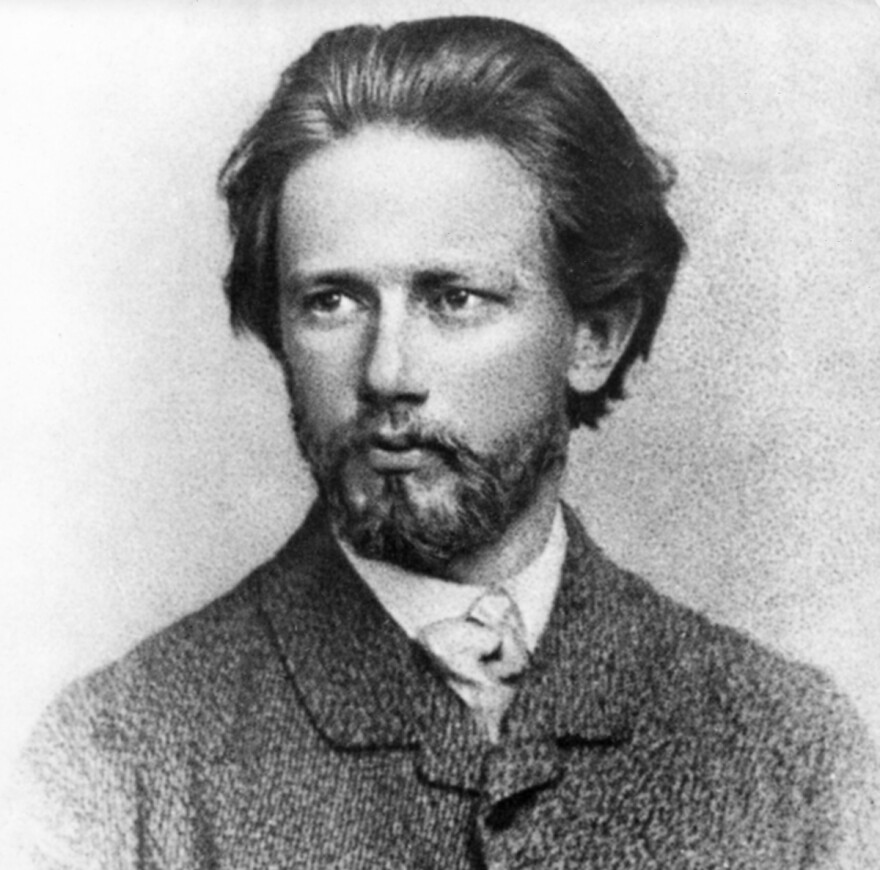In correspondence with a patron, Tchaikovsky confessed he was grappling with the idea of fate in his Symphony No. 4. The composer tried to make sense of his world with music that still resonates today. In this conversation from 2017, Yannick Nézet-Séguin talks with WRTI's Susan Lewis about this concept in Tchaikovsky's music.
This Sunday, December 9 at 1 pm on WRTI 90.1, Yannick leads The Philadelphia Orchestra in Tchaikovsky’s Symphony No. 4.
In these times, music is always the messenger of unity, music is always the messenger of peace.
Radio Script:
[Music: Tchaikovsky, Symphony No. 4]
Susan Lewis: 1877 had been a turbulent and strange year for the 37-year-old Tchaikovsky. He began a correspondence with Nadezhda von Meck, who gave him financial support, but stipulated they were never to meet in person.
He married a young woman, and then fled the relationship. He waded into the icy Moskva River, causing speculation about his mental state, before retreating to Italy and Switzerland. And then, he wrote a great symphony about fate.
Yannick Nézet-Séguin: Tchaikovsky is asking us through the symphony, what do we do with our destiny? The first movement is so overwhelming that destiny always had the last word, but he’s finding ways in the second, third, and fourth movements to hope that men and women on earth can actually take control of their destiny.
SL: A message as compelling now as it was then.
YNS: What is happening in the world, whether it’s about world peace threatened or whether it’s natural catastrophes, in these times, music is always the messenger of unity, music is always the messenger of peace.
Music can and should be at the center of people’s inspirations in our community, to know that we can indeed hope for a better world and better life.
SL: Tchaikovsky also explored fate in his 5th and 6th symphonies; Von Meck continued as his patron and confident in a platonic relationship that lasted 13 years and involved over 1,200 letters.
Listen to The Philadelphia Orchestra perform Tchaikovsky's Symphony No. 4 on WRTI, Nov. 14th at 1 PM and Nov. 15th at 7 PM on WRTI HD-2. The 2017 concert also includes Mozart’s Piano Concerto No. 27 with soloist Emanuel Ax, and Wayne Oquin’s Resilience, a 2015 work for organ and orchestra.

